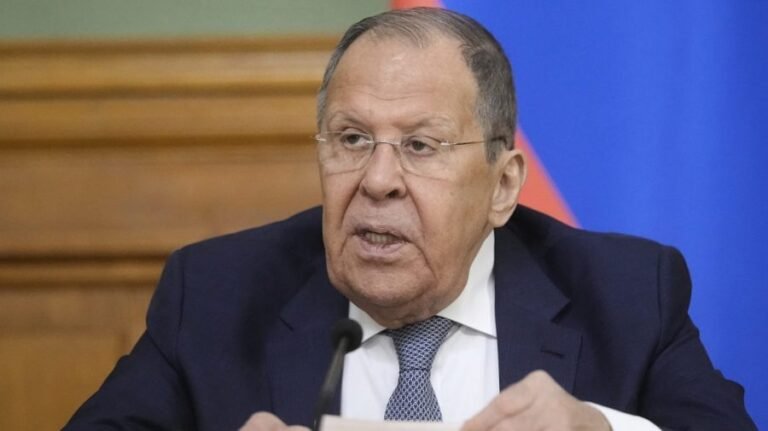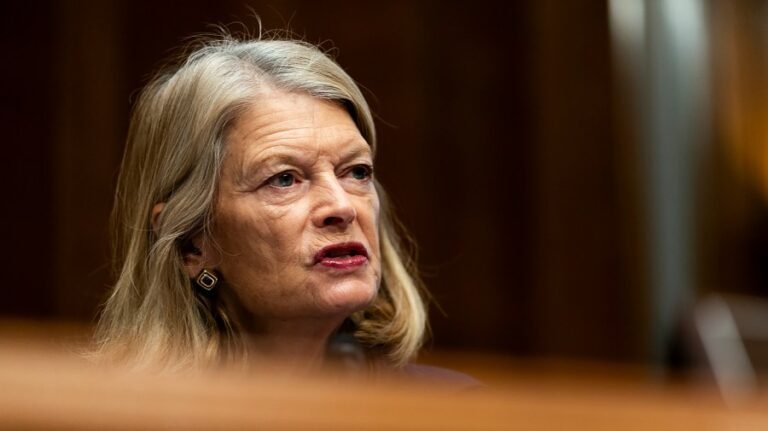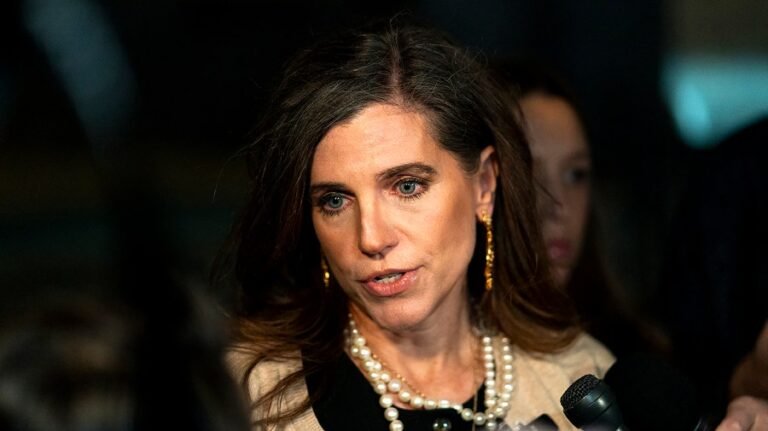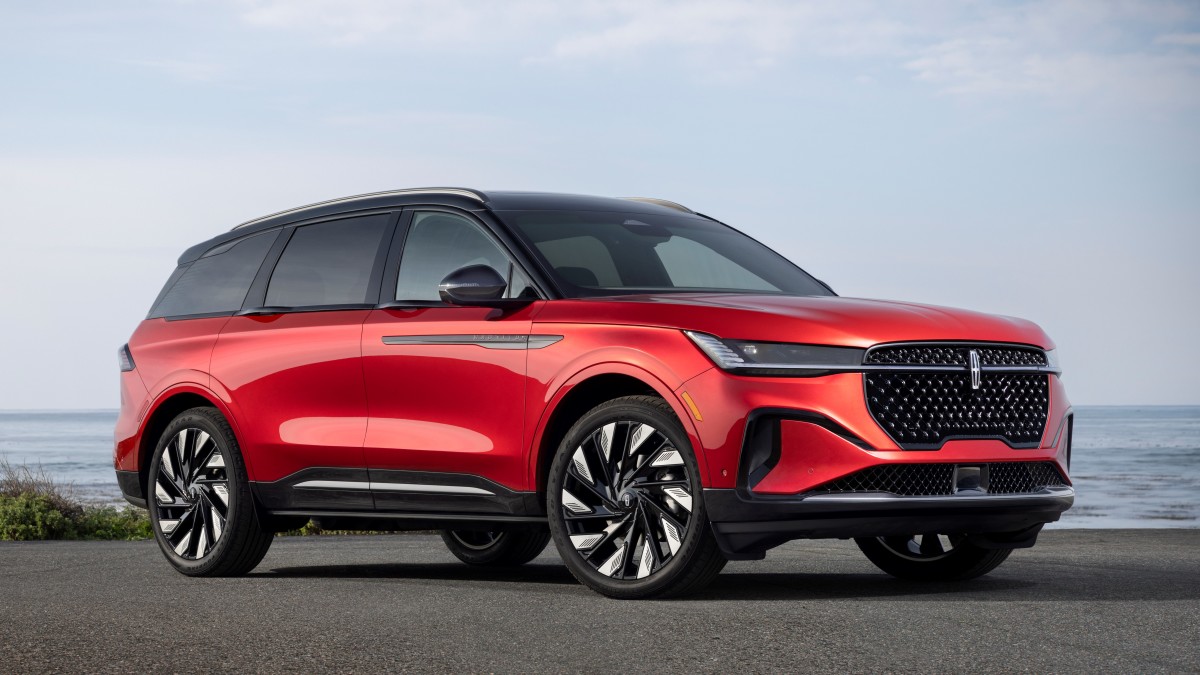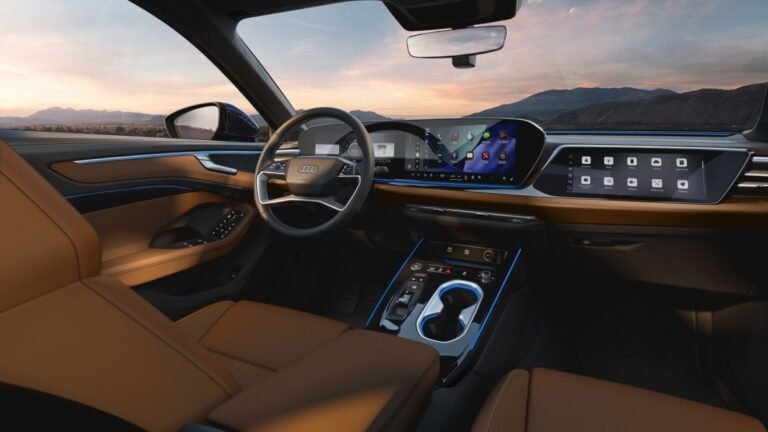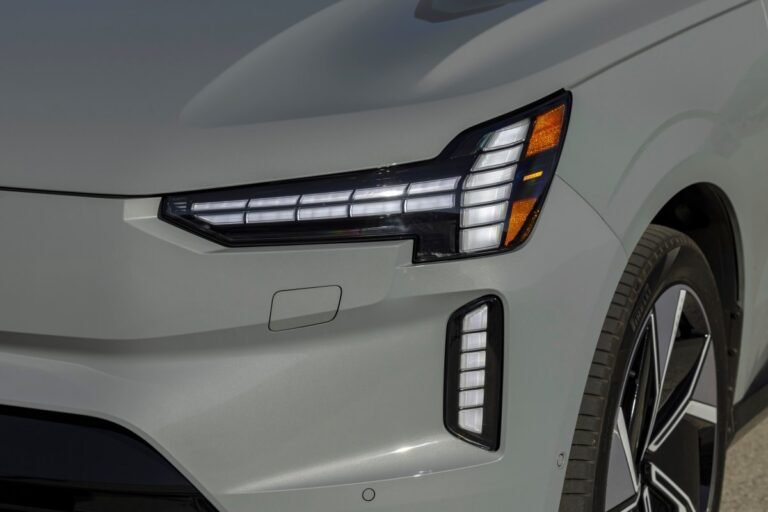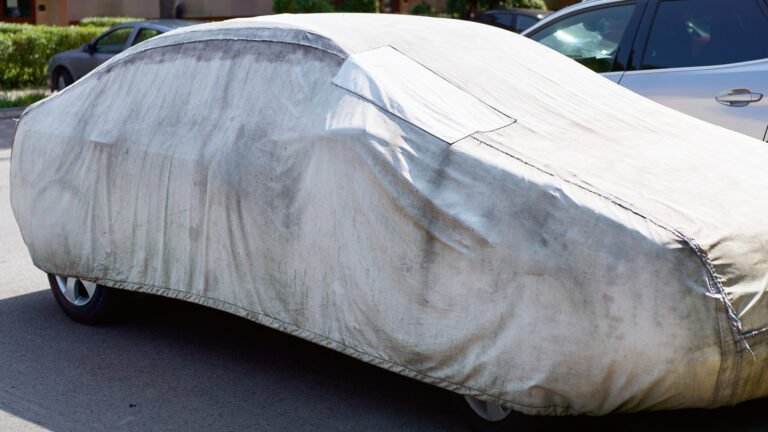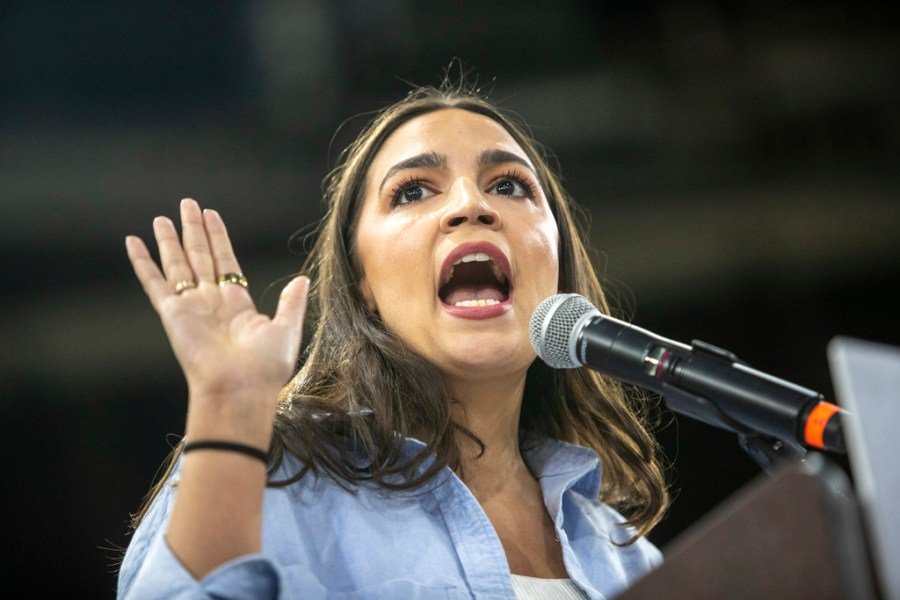
Interest in the 2028 Democratic presidential race has predictably intensified as the economy and the Trump presidency has dangerously deteriorated. Former Transportation Secretary Pete Buttigieg has already begun the quadrennial Democratic pilgrimage to Iowa but the big buzz has centered around Rep. Alexandria Ocasio-Cortez (D-N.Y.).
Here is my way-too-early assessment of her presidential prospects.
Political analyst Nate Silver, founder of 538.com, has designated her as his favorite for the 2028 Democratic presidential nomination. Establishment Democrats fear that her ideological zeal would end the party’s aspirations to take back the White House. She may not be the frontrunner, but there should be no doubt that she would be a threat to win the nomination.
She’s making big waves in the media and on the ethernet, barnstorming the nation with Sen. Bernie Sanders (I-Vt.). The dynamic progressive duo has generated energetic and enormous crowds in town hall meetings in such Republican locales as Missoula, Mont., where congressional Republicans are too timid to meet their own constituents.
Ocasio-Cortez could inherit the Sanders primary base from 2016 and 2020 which would be a strong asset in a primary contest that could be large as the field in the Kentucky Derby. Ocasio-Cortez’s ties to Sanders and the progressive community mean she could raise millions in small contributions to fund a viable campaign.
Polls of Democrats demonstrate the race for the nomination is as wide open and as deep as the Pacific Ocean. Former Vice President Kamala Harris starts out as the frontrunner, but not a prohibitive favorite. The polling average reveals Harris in the lead but only with about a quarter of the Democrats support her, which is surprising after she’s been vice president for four years and the standard bearer for her party last year. Indeed, Harris may run for governor of California in 2026, which would presumably rule out a presidential run in 2028.
Youth must be served. The only other Democrats in double figures are Buttigieg, 43, and Ocasio-Cortez, 35, who are both younger than Harris, 60. Americans, living in the shadow of two elderly presidents, crave younger leadership. Progressives generate the energy in the Democratic Party, and Ocasio-Cortez could leverage that energy to fuel a dynamic campaign for president.
The Republican nominee might be Donald Trump Jr. or Vice President JD Vance, who are both in their 40s. John F. Kennedy was elected president at age 43 by running against the old men of the Eisenhower administration. Young Democrats would be especially pleased with Ocasio-Cortez. She could channel Hillary Clinton when she said, “I believe our best days are ahead of us. That’s why I’m running for president.” Ocasio-Cortez could leverage her youth and antiestablishment credibility to make the argument to greater effect than Clinton.
For all her strengths, Ocasio-Cortez would enter the race burdened with serious liabilities. The congresswoman from New York City would inherit the formidable Sanders base of white progressives and her Latina heritage should help her in the Hispanic community. But the senator from Vermont never did well with African American voters who are the firm spine of the Democratic Party. This factor provides Harris a strong base for another run for the White House, especially with Black women.
The Democratic establishment, which fears her unadulterated progressive views would unite to stop her. Many of the Democrats and Republicans who dismiss Ocasio-Cortez as a serious presidential possibility downplayed Donald Trump’s prospects in 2016. But Trump is much more regressive than Ocasio-Cortez is progressive, and that didn’t stop him from winning two terms as president. Americans hate the status quo and demand change, whether from the right or the left.
Party leaders such as former President Barack Obama and former House Speaker Nancy Pelosi (D-Calif.) were not pleased with the prospect of a Harris candidacy in 2024 when Joe Biden abdicated, according to “Fight” by Jon Allen of NBC News and Amie Parnes of The Hill. They might not want another Harris race but would be even less supportive of an Ocasio-Cortez candidacy.
Democratic power brokers might turn to one of the more mainstream governors like Gretchen Whitmer of Michigan as their champion. But Ocasio-Cortez could use that opposition to burnish her antiestablishment street cred with populists in the same way Trump took on the GOP hierarchy in 2016.
Ocasio-Cortez might not even run for president, she could take on Sen. Chuck Schumer (D-N.Y.) in a 2028 primary run. Polls indicate she could upset the Senate minority leader who horrified many Democrats with for his vote for Trump’s budget-cutting continuing resolution. Or she could stay in the House and fight for a leadership position there.
If she doesn’t run for president, another young progressive like Rep. Ro Khanna (D-Calif.), 48, could fill the need for the many Democratic voters who pine for progressive populism and for generational change in the White House.
Brad Bannon is a national Democratic strategist and CEO of Bannon Communications Research which polls for Democrats, labor unions and progressive issue groups. He hosts the popular progressive podcast on power, politics and policy, Deadline D.C. with Brad Bannon.
